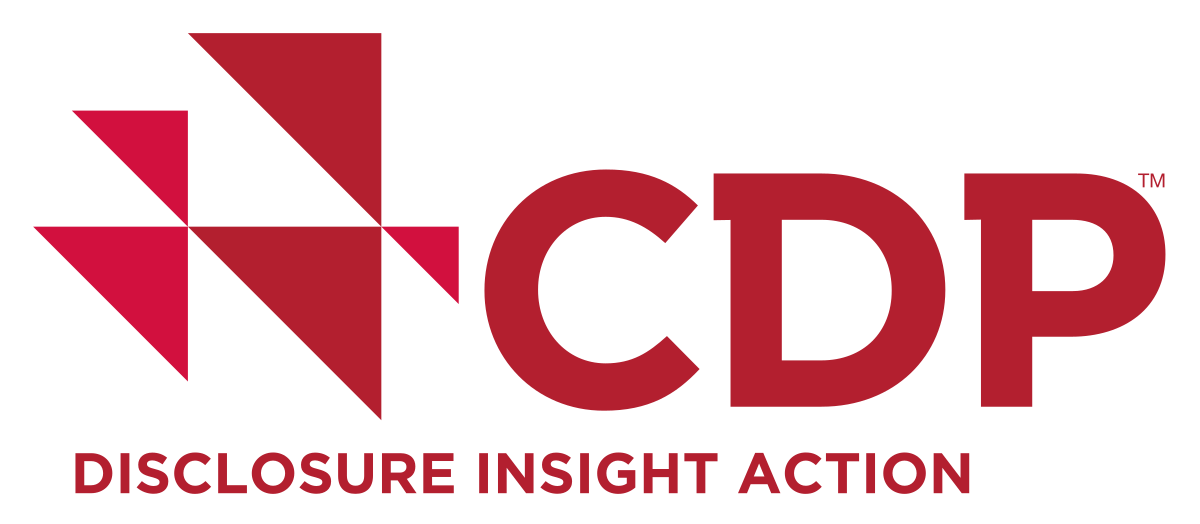Feedback from ESG rating agencies is an important benchmark and indicator for Deutsche Bahn of the concerns of its stakeholders. This external perspective gives DB an insight into where the Group stands and where it can still improve. In order to strengthen the trust of its stakeholders and ensure its own sustainability performance, Deutsche Bahn undergoes regular independent and critical reviews by qualified rating agencies. The results are communicated transparently – including in the Integrated Report.

The international rating organization CDP has awarded Deutsche Bahn an “A” rating in the area of climate change for 2025, confirming the previous year's result. Top marks were awarded in categories including data transparency on greenhouse gas emissions, governance, and addressing climate-related opportunities and risks. With this result, Deutsche Bahn is once again part of the renowned "A-List" and among the world's best companies evaluated by CDP.
CDP's annual rating process uses detailed, independent methodology to assign ratings ranging from A to D-. It evaluates the level of transparency and disclosure of climate data, awareness and management of environmental risks, and best practices related to environmental leadership, such as setting ambitious targets. In addition, the CDP Supplier Engagement Assessment assesses companies on their performance on governance, targets, Scope 3 emissions, and value chain engagement.

Deutsche Bahn was awarded a gold medal in the EcoVadis 2025 rating. The DB Group received 80 points for its performance in sustainability management (as of August 2025) – an increase of nine points compared to the previous year. This puts DB in the top one percent in the rail transport sector and in the top five percent of all companies assessed.
EcoVadis has been evaluating the performance of companies in the fields of sustainability and corporate social responsibility (CSR) since 2007. The methodology is based on international sustainability standards such as the Global Reporting Initiative, ISO 26000 and the United Nations Global Compact. The aim of the EcoVadis Corporate Social Responsibility Rating is to assess the quality of a company's CSR management system based on its policies, actions and results.
The assessment focuses on 21 CSR criteria in four subject areas: Environment, Labor and Human Rights, Ethics and Sustainable Procurement. The overall EcoVadis score (0-100) reflects the quality of a company's CSR management system at the time of the assessment.

In the ISS ESG Corporate Rating, Deutsche Bahn was upgraded from C+ to B-. This means that the DB Group continues to occupy decile rank 1 (as of November 2025). The ISS ESG Corporate Rating evaluates the sustainability performance of companies in the areas of environment, social and governance (so-called ESG criteria). About two thirds of the rating criteria are fully industry-specific.
The rating has an absolute best-in-class approach: prime status is awarded to companies that achieve the defined sustainability requirements (prime threshold) of ISS ESG for a specific industry in the ISS ESG Corporate Rating. The decile rank indicates performance relative to the industry in addition to the overall rating. A decile rank of 1 indicates high relative performance, while a 10 indicates low relative performance.

In MSCI's ESG rating, Deutsche Bahn's "A" rating was confirmed in December 2024. This rating puts the Group just below the average for the "Road & Rail Transport" sector. Deutsche Bahn has been rated by MSCI since 2013.
MSCI ESG Research products and services are designed to provide companies around the world with in-depth research, ratings and analysis of environmental, social and governance-related business practices. ESG ratings, data and analysis are also used in the creation of the MSCI ESG Indices. For over 40 years, MSCI's research-based indices and analytics have helped investors around the world build and manage their portfolios.
Science-Based Targets initiative
Deutsche Bahn aims to be climate-neutral by 2040 and has committed to achieving net-zero greenhouse gas emissions across its entire value chain by that year. This target has been reviewed by the renowned Science Based Targets initiative (SBTi) and confirmed in March 2025. SBTi has set itself the goal of promoting science-based climate targets in companies. It is a leader in this field. SBTi was founded jointly by the CDP, the United Nations Global Compact (UNGC), the World Resources Institute (WRI) and the World Wide Fund for Nature (WWF).

